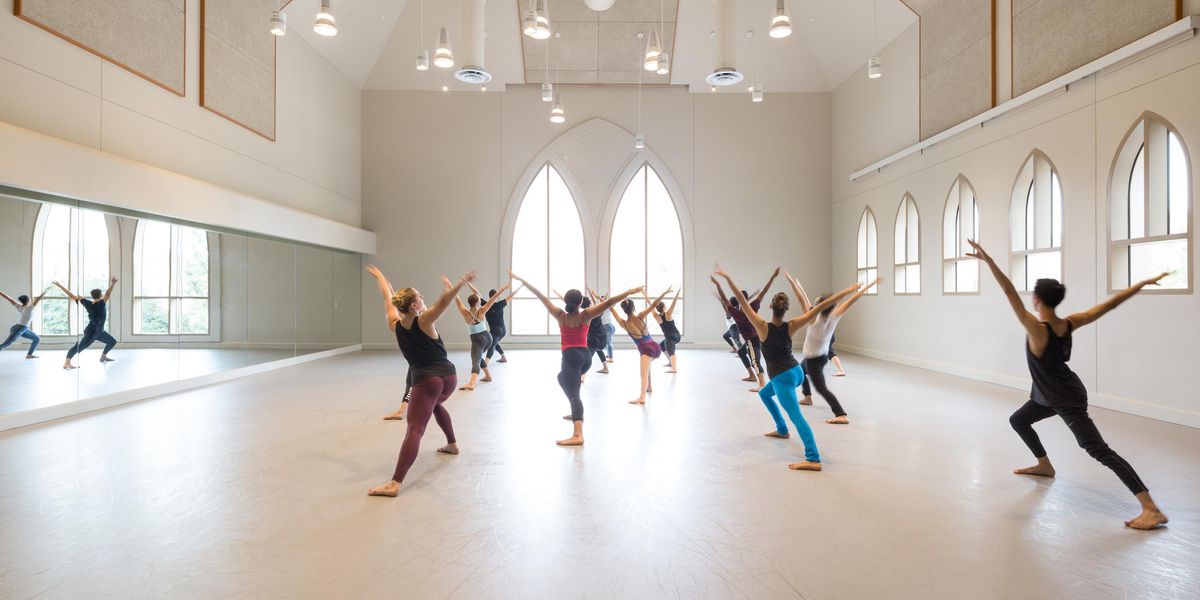Why It's Actually Really Hard to Be A Prodigy
In most classic stories, we root for the underdog. Ballet is no exception. We love hearing about dancers overcoming impossible odds, about the ones with bad feet and zero turnout rising to the top, about stepdaughter Cinderella slipping on those glittering pointe shoes and outshining everyone at the ball.
It’s harder to gain sympathy when you’re a prodigy or class favorite—a dancer who was born with a seemingly perfect body, who gets into all the summer intensives and who is always cast in leading roles. But with incredible gifts come particular challenges. Prodigies can sometimes feel awkward owning their talent while staying gracious among their peers, and may lose their sense of self in the pursuit of excellence. Dancers of this caliber often either ride on their talent or burn out early. Finding balance, both socially and physically, will best prepare you for professional life.
It Can Be Tough to Make Friends
Whether you’re training with dancers who are older than you or you’re simply a school’s pride student, being singled out for your talent can be a difficult social experience. “Being a student could be lonely sometimes, whether I was being moved up to to a new class or to a new school or taking private lessons,” says American Ballet Theatre soloist Skylar Brandt. “It’s important to have camaraderie with others. It certainly makes class a lot more fun and relaxed.” Find friends who will celebrate your successes, and also support you when you’re having a tough time.
For Skylar Brandt, it was important to have camraderie with peers. PC Rosalie O’Connor, Courtesy ABT
The difficulty lies in being humble, without being so reserved that you hold yourself back. Francine Kessler Lavac, co-associate artistic director and teacher at Westside School of Ballet in Santa Monica, California, says she’s had to help students who are embarrassed by their talent, and others who like to brag. “I tell kids that it’s okay to be fabulous, it’s okay to be the best,” she says. “Don’t feel guilty. Never apologize for your gift. But you can’t be entitled just because you’re talented.”
For Brandt, something as small as where you stand during class or what group you dance in across the floor can send a message to your peers. “There’s a subtle way to go about your work where you are staying at the top of your game without being obvious. I always liked standing in the back. And I think something like that helps others feel less threatened.” Lavac seconds not standing front and center: “When you’re good, it’s obvious. You will be seen.”
You Might End Up Working Too Hard—Or Hardly Working
Prodigies can often fall into one of two traps. “I’ve seen it in a lot of students: The kids who have it all can get stagnant,” says Central Pennsylvania Youth Ballet’s Simon Ball. It can be easy for these dancers to coast and not strive to be better since they’re already at the top of their studio. “It’s really up to the student to be their own best advocate. To have some grit,” says Ball. “What am I going to learn about myself today? What am I going to figure out about my body that’s going to make me a better dancer?” Never hesitate to ask your teachers how you can improve, and seek out experiences that will challenge you, be it new techniques or choreography.
Prodigies are in danger of becoming stagnant or of working too hard. PC Rosalie O’Connor, Courtesy CPYB
On the flip side are dancers who push themselves too hard. “They will dance until they drop and burnout,” says Lavac. “They have this talent and everybody is expecting so much from them. Who they are gets wrapped up in that and they almost don’t even become a person.” While it’s fine to be obsessed with ballet, finding other hobbies can help you figure out who you are outside of the studio and give you an opportunity to de-stress. “It’s important to be a person first and a dancer second,” says Brandt.
Overtraining can be detrimental to the body, too, and can lead to serious injury. Part of becoming a good dancer is learning when you can push your body, and when it’s under too much stress. By the time you’re a professional, teachers won’t be there to tell you to work harder or work less.
But Keep the Bigger Picture in Mind
Jealousy is sometimes inevitable, no matter how gracious you are. You can’t worry about everyone liking you or it could distract you from the work. “It’s unpleasant. But try to take it as a compliment, if anything,” says Brandt. “You have to be mentally strong.”
Skylar Brandt says that jealousy is unpleasant, but you can take it as a compliment. PC Gene Schiavone, Courtesy ABT
These problems certainly won’t go away once you join a company, and learning how to have humility now will keep you focused once you’re on the job. “Ballet mistresses and directors watch your every move,” says Lavac. “They want a team player who is easy to work with. That’s who they’ll root for. And the audience can see your personality—you can have great admiration for a technician, but graciousness is intoxicating.”




